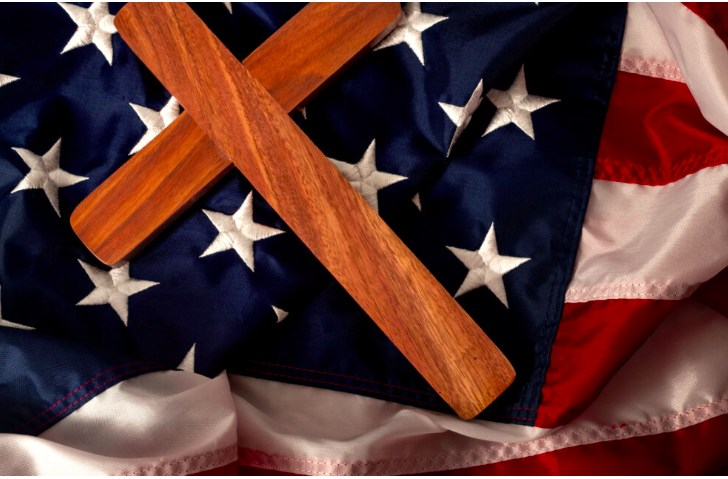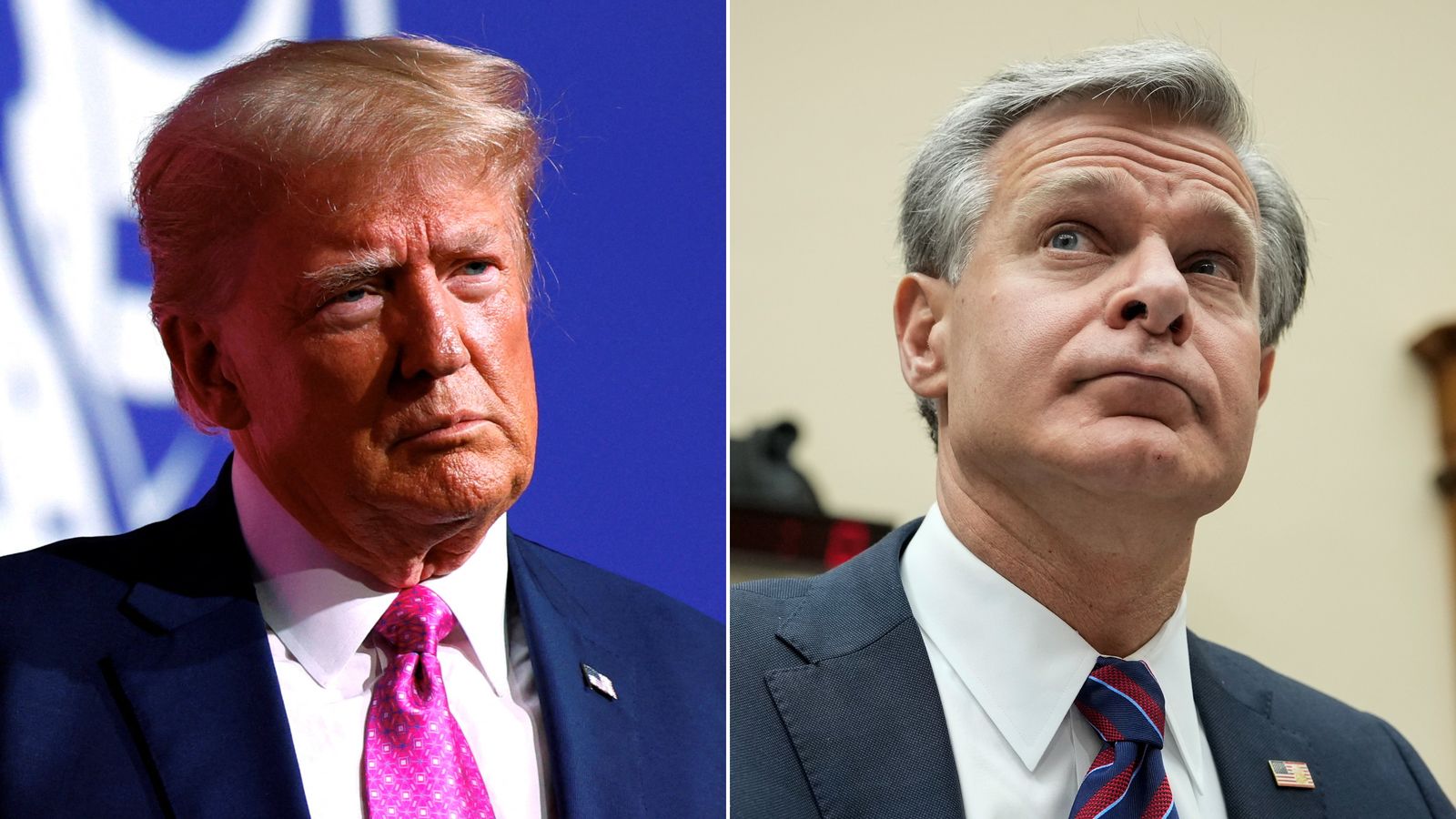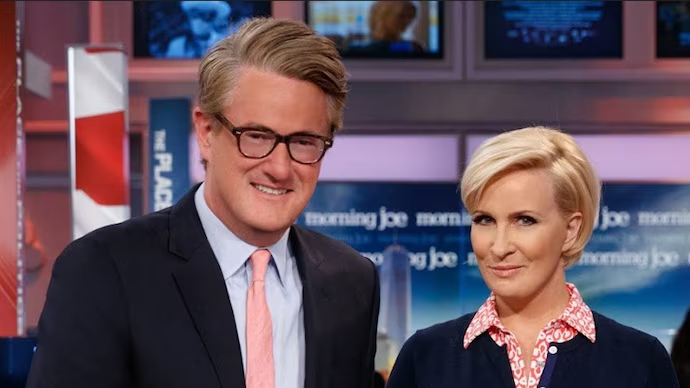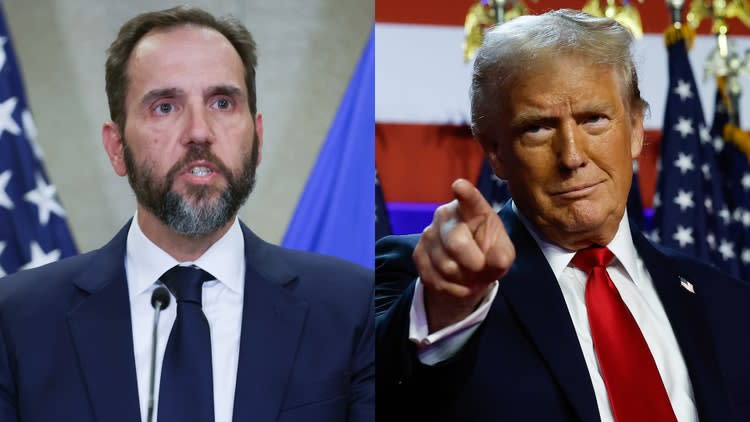In the 2020 U.S. presidential election, approximately 25 million Christians chose not to vote, according to data reported by multiple faith-based organizations. This number represents a significant portion of the electorate, one that, if mobilized, could have had a profound impact on the outcome. Faith leaders and conservative political analysts alike view this as a wake-up call for Christian communities to engage more actively in the political process, especially as critical issues like religious freedom, abortion, and family values dominate the national conversation.
The Impact of Non-Voting Christians
According to a report from Todd Starnes, the 2020 election saw a large contingent of Christians opting out of their civic duty. This trend has been confirmed by groups like My Faith Votes, an organization focused on motivating Christians to vote. Their efforts underscore the alarming reality that millions of Christians are disengaged politically, despite their potential to influence critical issues that align with biblical values.
If this segment of the electorate had participated in greater numbers, the results could have altered key battleground states and the overall trajectory of the country. Conservative leaders have voiced concerns that such disengagement allows for the rise of policies and leadership that contradict the principles many Christians hold dear, such as the sanctity of life, the traditional family structure, and the protection of religious freedoms.
Christian Duty to Vote
Groups like Focus on the Family and My Faith Votes have consistently emphasized that voting is not merely a political act, but a spiritual responsibility. A memo published by Focus on the Family stresses the importance of evangelical engagement in the voting process. As the memo explains, “Your vote could change the nation.” This sentiment echoes throughout conservative Christian circles, where the belief is that Christians are called to be stewards of their nation’s moral and ethical direction.
Jason Yates, CEO of My Faith Votes, has made it clear that a lack of Christian participation in elections could lead to a nation that drifts further from its foundational values. He noted that, in failing to vote, Christians are “allowing others to dictate the future of our country.” Yates’ statement rings particularly true given that many Christians express dissatisfaction with current policies, yet a substantial percentage remain inactive when it comes to voting.
Why Christians Stayed Home
Several reasons have been cited for why millions of Christians did not cast their ballots in 2020. Some cite frustration with the political climate, while others feel disconnected from the candidates on the ballot. Additionally, there are concerns about the integrity of the voting system itself, which led some to believe that their vote might not make a difference. However, political disengagement of this scale has consequences, especially when issues such as religious freedom, parental rights, and traditional values hang in the balance.
In an era where cultural and political battles are increasingly polarized, conservative voices stress the importance of Christian participation in voting to counteract policies that conflict with biblical teachings. The 2020 election is a stark reminder that when Christians stay home, it allows those who do not share their values to shape the future of the nation.
Mobilizing for Future Elections
Looking forward to the 2024 election and beyond, efforts are intensifying to ensure that Christian voters show up at the polls. Organizations such as My Faith Votes are working tirelessly to provide resources and encouragement to faith-based communities, reminding them that their vote is not just a civic duty but a way to safeguard the principles on which this country was founded. Yates has remarked that mobilizing Christians to vote is one of the most effective ways to “restore biblical values in government.”
Conservative leaders are urging pastors to speak out on the importance of voting and are calling on Christian families to take seriously their role in the political process. The push is to ensure that Christians are not only aware of the stakes but that they are also motivated to act on them.
The Future of Christian Voting Power
The fact that 25 million Christians did not vote in 2020 sends a clear message to both political leaders and the Christian community. If Christians want to see the country governed by values that reflect their beliefs, it is imperative they engage more robustly in future elections. Their collective voice holds tremendous potential to influence legislation and policies that align with their moral convictions.
The call to action is clear: every Christian vote matters. Mobilizing this large demographic could tip the scales on major issues, ensuring that the nation’s policies reflect the values of its Christian citizens. As the 2024 election approaches, the stakes have never been higher, and the Christian community is being called to answer the challenge.





